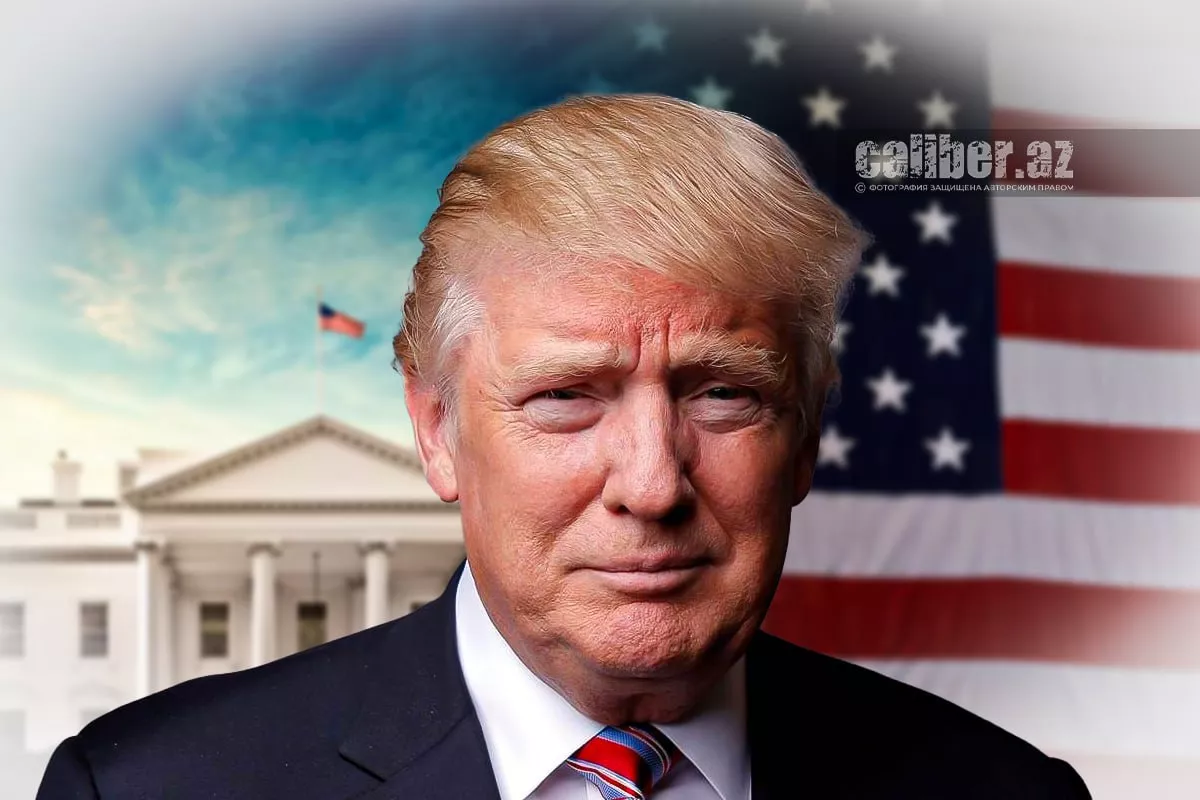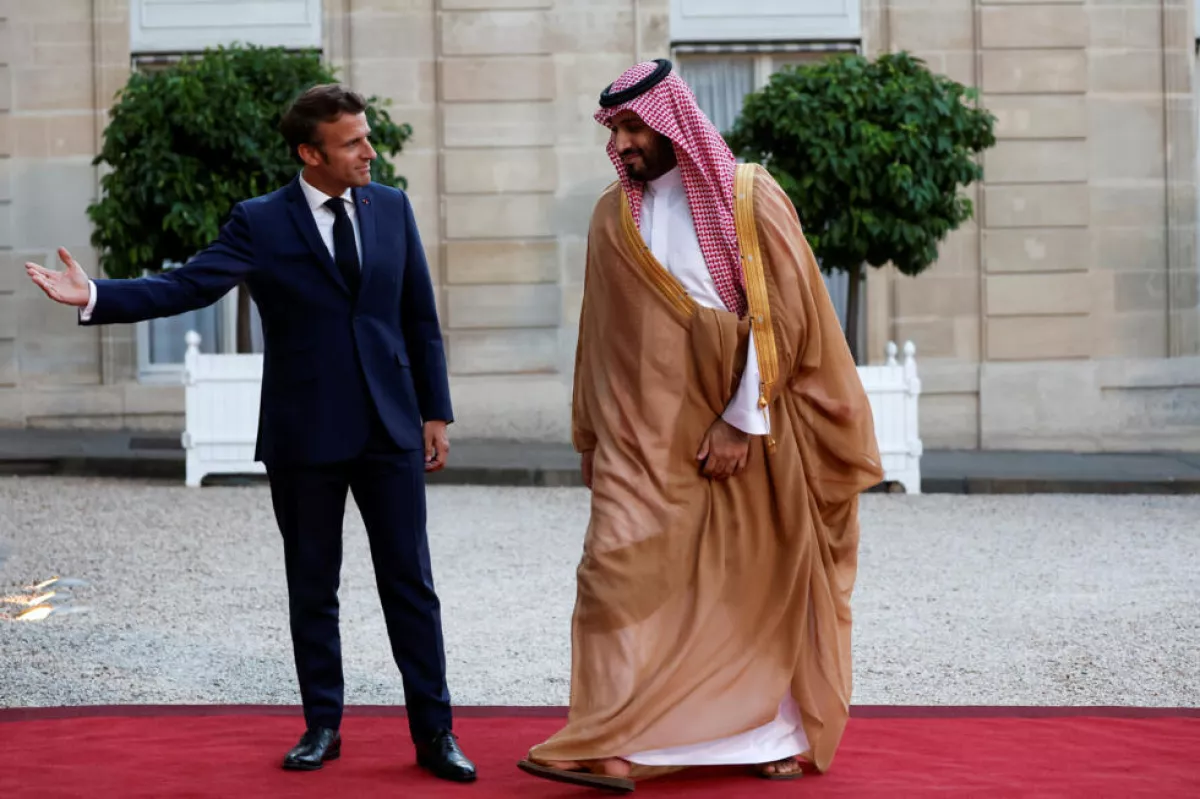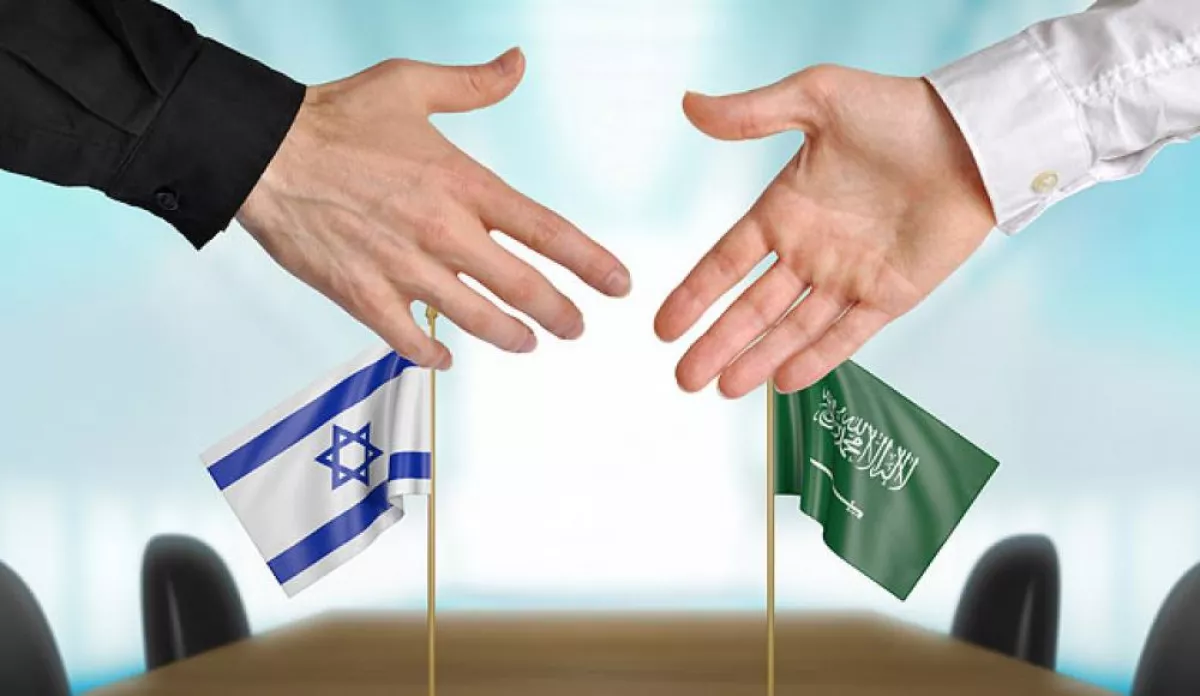Will Saudi Arabia recognise Israel? Middle East politics
During Donald Trump's first presidential term, a number of Middle Eastern countries signed the so-called Abraham Accords with Israel, normalising relations with the country. These agreements of mutual recognition pave the way for growing trade, investments, cooperation in technology, and defence. Many expected that Saudi Arabia — the wealthiest country in the Persian Gulf — would join the accords, but this has yet to happen. So, what went wrong?
Currently, it is unknown whether Trump plans to visit Israel during his upcoming trip to the Middle East, but it is known that this visit will primarily focus on the Gulf states, especially Saudi Arabia.

Despite French President Emmanuel Macron's attempts to act as a mediator in normalising relations between Israel and Saudi Arabia, the likelihood of success for these efforts, which are being undertaken without coordination with Washington, appears minimal. According to Laure Foucher, a Middle East specialist, senior analyst at the French Institute of Strategic Studies, and former employee of the French Ministries of Foreign Affairs and Defence, Riyadh is currently not interested in normalising relations with Israel.
Despite his ties with Macron, Saudi Arabia's Crown Prince and de facto ruler, Mohammed bin Salman (MBS), has no reason to exchange the Arab peace initiative (which calls for a two-state solution — Israel and Palestine — in exchange for Saudi recognition of Israel) for French recognition of the state of Palestine. This is because such recognition (as proposed by Macron) is likely to remain merely declaratory and will not be accompanied by any concrete measures.

It is possible that the Saudis would be satisfied with the cessation of the Gaza war and Israel's verbal promises of a potential Palestinian state in the distant future. They are interested in cooperating with the Israelis, as joining the Abraham Accords could allow them to draw closer to Israel to counter their main geopolitical rival in the Persian Gulf — Iran.
However, Saudi Arabia cannot take this step as long as the war in Gaza continues. This wealthy state, which also serves as the custodian of Islam's two holiest sites, positions itself as the flagship and recognised leader of the Arab world. Under the current conditions, recognising Israel would undermine these efforts.
Foucher also noted that Saudi Arabia and other Gulf states are highly interested in a nuclear agreement between the US and Iran, as it could secure their oil fields by removing the threat of missile strikes from Iran and its allies — attacks that have been carried out on Saudi territory in the past.
Here, as with the Palestinian issue, the interests of Saudi Arabia and Israel once again come into conflict. Israel intends to continue its military operations in Gaza until a decisive victory is achieved. Under these conditions, Saudi Arabia is not ready to meet Israel halfway and normalise relations. Crown Prince Mohammed bin Salman (MBS) wants to modernise his country's economy, attract hundreds of billions of dollars in foreign investments, and acquire new technologies. He is also keen on continuing to trade oil peacefully. However, this would be extremely difficult to achieve in a situation of missile and drone strikes on the country, which, in the past, were carried out by Iran's allies, primarily the Yemeni Houthi rebels. Meanwhile, the ongoing armed conflict between Israel on one side and Iran's "Axis of Resistance" — a coalition that includes Hamas, the Houthis, Iraqi militias, and Tehran itself — means that any forces cooperating with Israel could become targets. Riyadh does not want to take such risks.
Furthermore, the United States no longer demands that Saudi Arabia normalise relations with Israel as a condition for progress in negotiations on civilian nuclear energy cooperation with Riyadh. This was reported by two high-ranking sources in the U.S. administration to Reuters. Washington appears ready to make a significant concession to Crown Prince Mohammed bin Salman (MBS) by selling him civilian nuclear technology without requiring Saudi Arabia to establish diplomatic relations with Israel in exchange.

Under former President Joe Biden, negotiations between Washington and Riyadh involved a range of proposals across different sectors. The U.S. aimed to secure lucrative defence and trade alliances with the kingdom and also offered cooperation in the field of civilian nuclear energy. However, all these proposals were seen by Biden as part of a broader U.S.-Saudi deal, the ultimate outcome of which was supposed to be Saudi recognition of Israel.
However, the kingdom has repeatedly stated that it will not recognise Israel without a Palestinian state, and this, as already noted, has hindered efforts by the Biden administration to include Saudi Arabia in the Abraham Accords signed during Trump’s first term. Under these accords, the United Arab Emirates, Bahrain, and Morocco normalised relations with Israel. However, progress toward recognition of Israel by Saudi Arabia has been halted primarily due to dissatisfaction in the Arab world and among the Saudis themselves with the war in Gaza, not to mention the demand for a two-state solution, which Israel was unwilling to implement.
In addition, the nuclear negotiations between the U.S. and Saudi Arabia have faced challenges for another reason — concerns within the Biden administration about nuclear non-proliferation. However, it seems that there could be a shift in this regard. As a possible indication of a new approach, U.S. Energy Secretary Chris Wright stated during a visit to the kingdom in April that Saudi Arabia and the United States are "on the path" to a civil nuclear agreement. However, according to one Reuters source, the deal is still far from being finalised.








